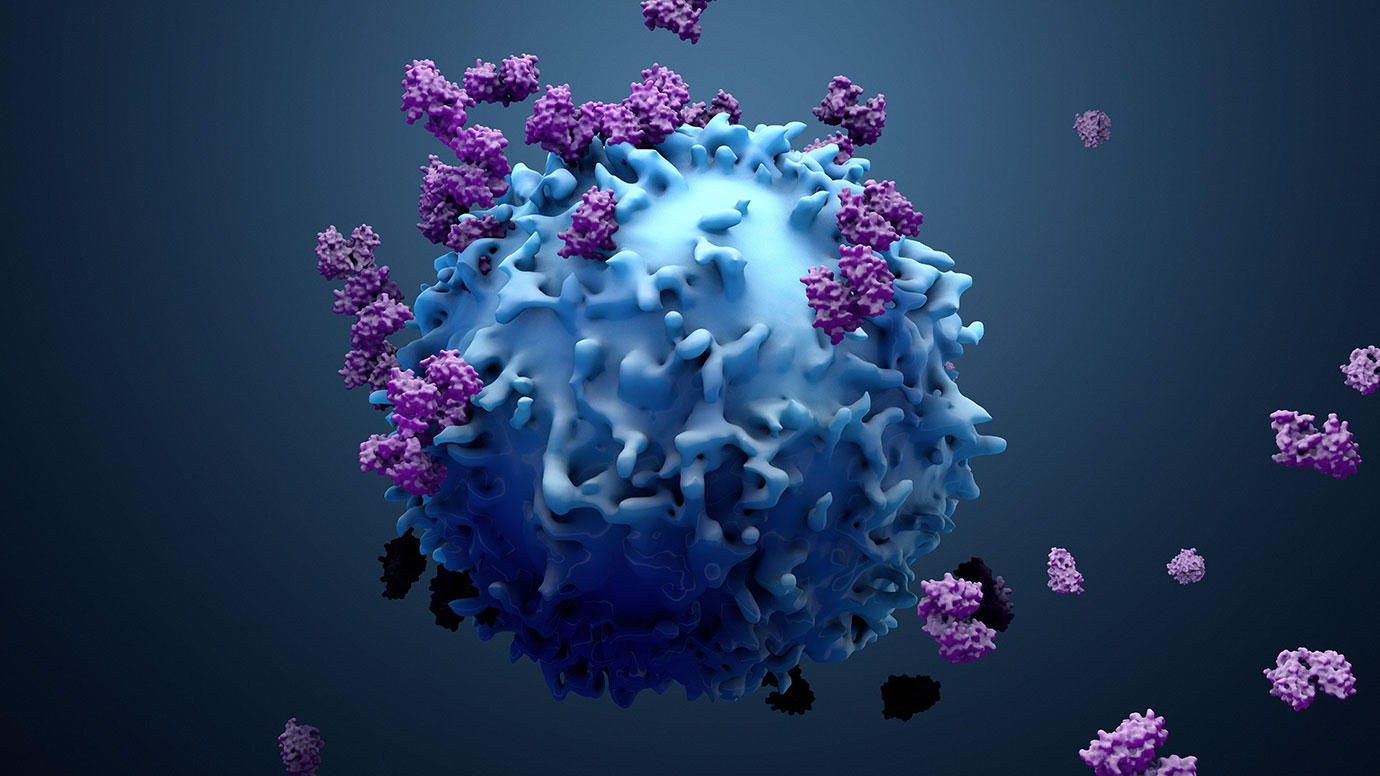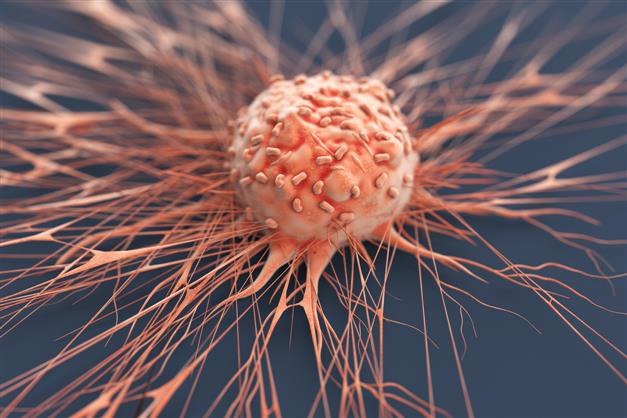In recent years, there have been exciting breakthroughs in the field of cancer treatment, particularly through the use of immunotherapy. Harnessing the power of our own immune system to target and destroy cancer cells, this innovative approach is offering new hope for patients around the world. In this blog post, we will delve into the promise of immunotherapy as a game-changing treatment option for various types of cancer, exploring its mechanisms, success stories, and ongoing research efforts.
Understanding Immunotherapy: A Breakthrough in Cancer Treatment
Immunotherapy is a revolutionary form of cancer treatment that works by bolstering the body's natural defense mechanism - the immune system. Unlike traditional treatment methods such as chemotherapy or radiation therapy that aim to directly kill cancer cells, immunotherapy stimulates and enhances our immune system's ability to recognize and attack these malignant cells. This type of therapy can take various forms including monoclonal antibodies which are designed to bind to specific molecules on cancer cells or checkpoint inhibitors that prevent certain proteins from inhibiting the immune response.
One significant advantage of immunotherapy is its potential for long-term effectiveness. While other treatments may have limitations due to drug resistance or harmful side effects on healthy tissues, immunotherapy not only targets cancer cells specifically but also has been shown in some cases to provide lasting protection against recurrence or spread.
Harnessing The Power Of The Immune System
The immune system is a complex network comprising different types of white blood cells that work together to protect our bodies from foreign invaders such as bacteria and viruses. By leveraging this intricate defense mechanism through immunotherapies like T-cell transfer therapy or vaccines against tumor-specific antigens (proteins found on tumor cell surfaces), scientists have witnessed remarkable outcomes in various types of cancers including lung cancer, melanoma (a form of skin cancer), leukemia (blood cancers), and many more.
These cutting-edge therapies not only empower our body's defenses but also minimize harm caused by traditional treatments. For instance, in some cases, patients who have undergone immunotherapy have reported fewer side effects such as hair loss, nausea, or fatigue compared to chemotherapy recipients. It is important to note that the effectiveness of immunotherapy can vary from patient to patient and depends on factors like the type and stage of cancer, overall health condition, and immune system response.
Revolutionizing Cancer Care With Immunotherapy
Immunotherapy has brought hope to countless patients battling cancer by offering a potential alternative or complement to current treatment options. The success stories are abundant - individuals who were once given bleak prognoses are now leading healthy lives after undergoing immunotherapeutic interventions.
Furthermore, ongoing research efforts continue to explore new possibilities for enhancing the efficacy and safety of immunotherapeutic strategies. Scientists are investigating combination therapies that involve using multiple types of immunotherapies or pairing them with existing treatments like chemotherapy or radiation therapy. This multidisciplinary approach holds promise in improving treatment outcomes by targeting different aspects of tumor growth while minimizing resistance development.
In conclusion, the field of cancer treatment has witnessed incredible advances through the use of immunotherapy. By unlocking the power within our immune system, this innovative approach offers new hope for patients across various cancer types. As research continues and more clinical trials are conducted, it is exciting to anticipate further breakthroughs that may revolutionize cancer care as we know it today.
Conclusion
Immunotherapies have brought about a paradigm shift in our understanding of how we can combat cancer effectively. By tapping into our body's own defense mechanism against diseases like tumors and unleashing its full potential through innovative approaches based on stimulation or modification techniques such as vaccination against tumor-specific antigens (proteins found on tumor cell surfaces) scientists worldwide have witnessed remarkable outcomes across an increasing number cancers including lung cancers; melanomas—a skin malignancy with high mortality rate due largely because there hasn't been many effective alternatives available; blood-borne forms leukemia where standard treatments yield little if any benefits even when combined with other drugs such as chemotherapy radiation therapy. It's no wonder that many people see immunotherapy as the future of cancer care, holding great promise for not only more effective treatments but also significantly improving patients' quality of life by conceivably reducing negative side effects that traditional approaches can present.




